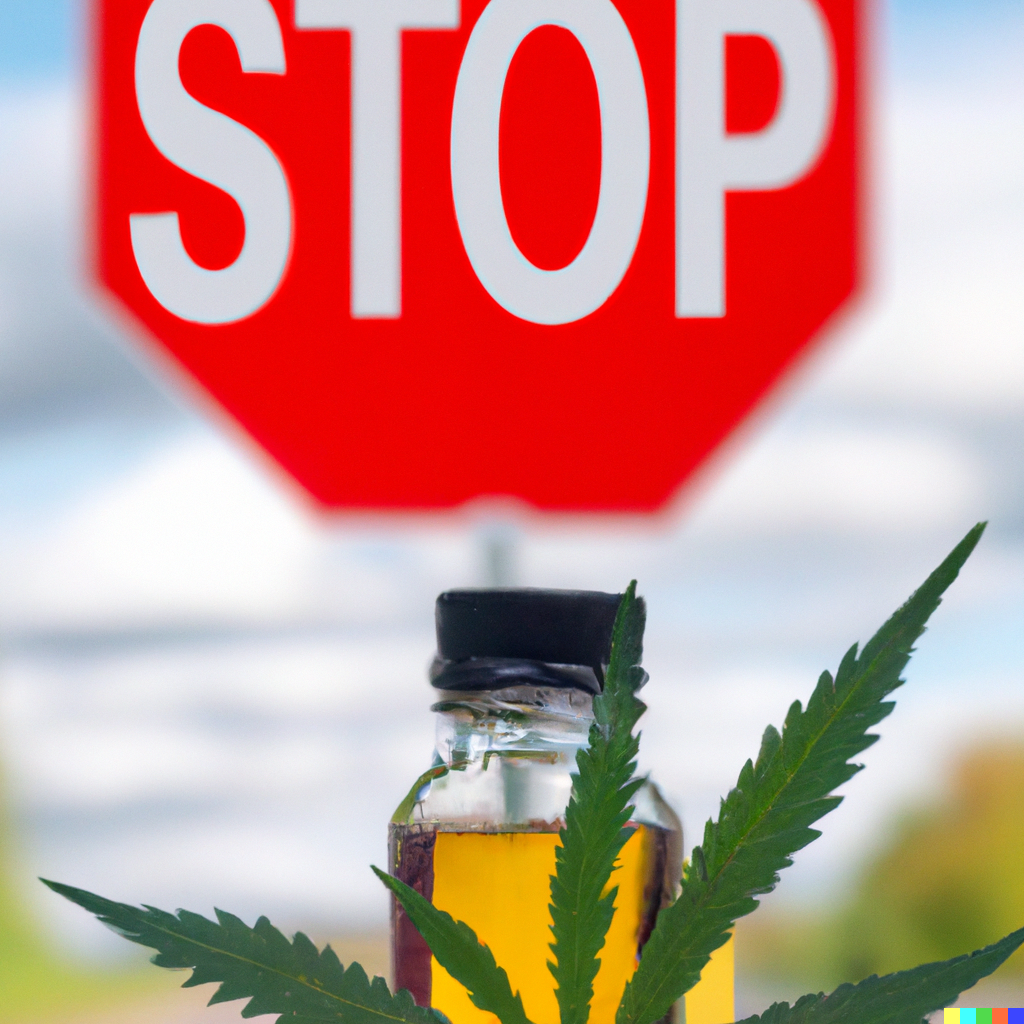At present, foods containing cannabidiol (CBD) and other cannabinoids are internationally being widely advertised and sold in increasing quantities. In the European Union (EU), these products require pre-marketing authorisation under the novel food regulation, so that all available CBD oils and CBD-containing food supplements in the EU are currently placed on the market with an infringement of the food laws. Currently, 19 CBD applications are under assessment at the European Food Safety Authority (EFSA). During the initial assessment of the application files, EFSA located several knowledge gaps that need to be addressed before the safety evaluation of CBD can be concluded. Namely, the effect of CBD on the liver, gastrointestinal tract, endocrine system, nervous system, psychological function, and reproductive system needs to be clarified. Nevertheless, the available literature allows a benchmark dose (BMD)-response modelling of several bioassays, resulting in a BMD lower confidence limit (BMDL) of 20 mg/kg bw/day for liver toxicity in rats. Human data in healthy volunteers found increases in the liver enzymes alanine aminotransferase (ALT) and aspartate aminotransferase (AST) in a study at 4.3 mg/kg bw/day, which was defined by EFSA as a lowest observed adverse effect level (LOAEL). The EFSA panel currently concluded that the safety of CBD as a novel food cannot be evaluated, leading to a so-called clock stop of the applications until the applicants provide the required data. Meanwhile, the authors suggest that CBD products still available on the EU market despite the lack of authorisation must be considered as “unsafe”. Products exceeding a reference dose of 10 mg/day must be considered as being “unfit for consumption” (Article 14(1) and (2) (b) of Regulation No 178/2002), while the ones in exceedance of the human LOAEL must be considered “injurious to health” (Article 14(1) and (2) (a) of Regulation No 178/2002).

